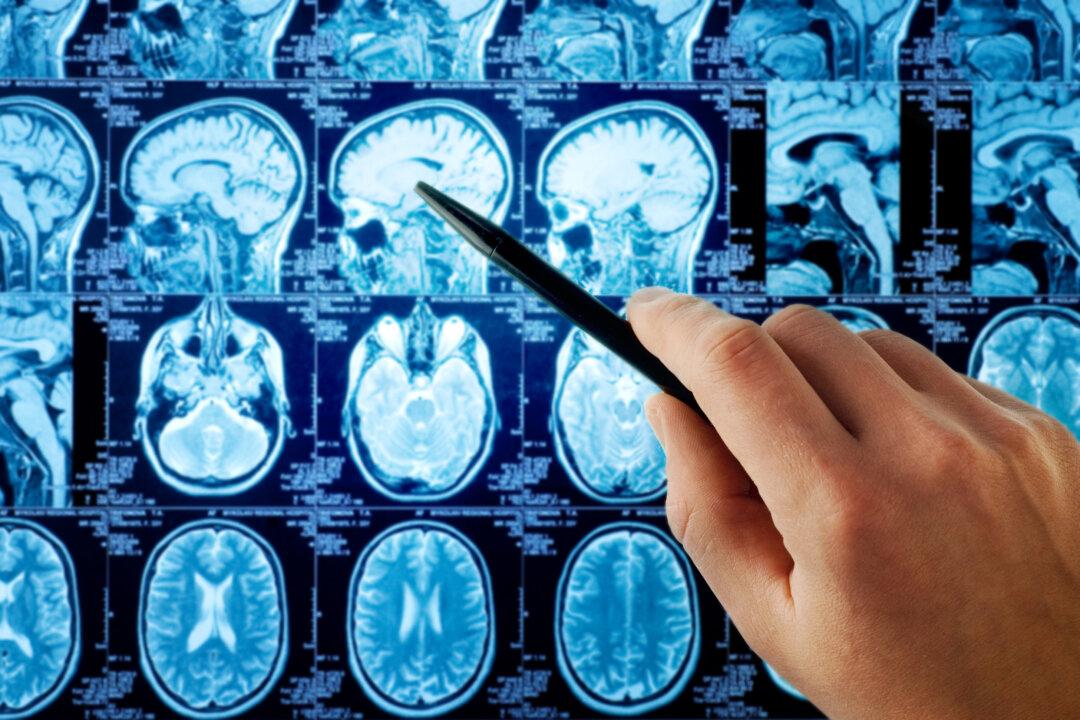Researchers have discovered that while SARS-CoV-2 is primarily a respiratory disease, it can also cause brain cells to fuse, initiating malfunctions that lead to chronic symptoms in the nervous system.
Published in Science Advances on June 7, the new study is an exploration into how viruses alter the function of the brain, authors Massimo Hilliard and Ramon Martinez-Marmol from the Queensland Brain Institute said.





